Specialities
Specialities
General Surgery

Hernia
Hernia is a weakness in the abdominal wall through which abdominal contents protrude out. Inguinal hernia is the common hernia which occurs in the groin. It can occur in both sexes. There are other types of hernia like umbilical hernia, incisional hernia, femoral hernia and ventral hernia.
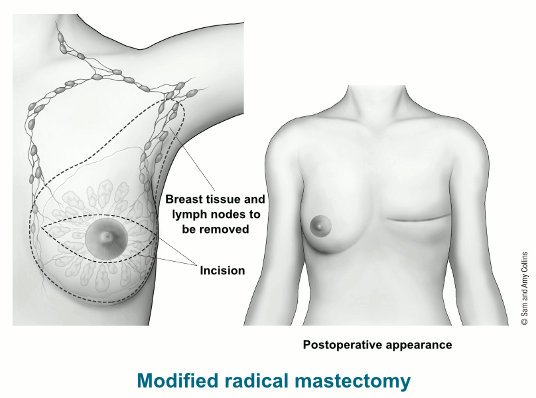
Breast Cancer
The type of surgery that your healthcare team recommends for you will depend on many individual factors, including the type of cancer you have, how advanced it is, your general health and your personal preferences. Depending on your condition, surgery may be only a piece of your overall treatment plan.
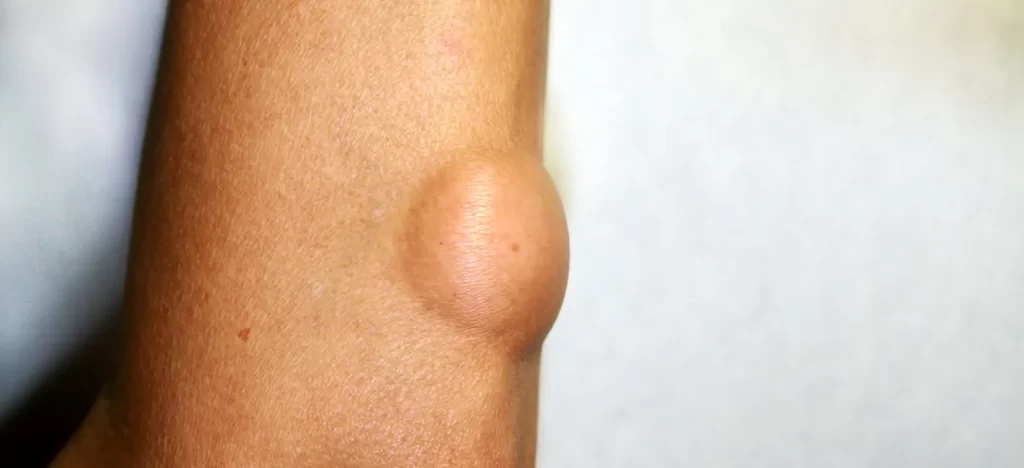
Swellings
A round or oval-shaped mass of tissue that develops just below the skin is called a lipoma. It is formed of fat, moves readily when touched, and typically doesn’t hurt. Lipomas can develop anywhere on the body, but the back, torso, arms, shoulders, and neck are where they most frequently occur.
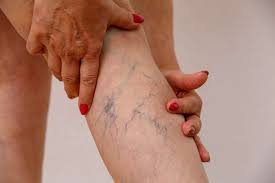
Varicose Veins
Blood vessels that enlarge and twist just beneath the surface of your skin are called varicose veins. Your legs, feet, and ankles are the typical locations for these blue or purple bulges. They could itch or hurt.

Thyroid
Thyroid is a butterfly shaped gland in front of the neck which moves up and down with swallowing. The gland secretes thyroid hormone which is necessary for functioning of the human body.
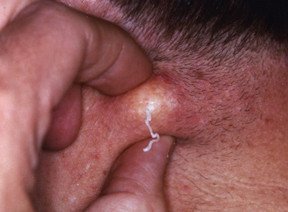
SEBACEOUS CYST
A cyst is a dome-shaped, slow-growing, protein Filled mass that can move easily under the skin and is yellow or white. There are hundreds of different forms of cysts. You can find sebaceous cysts all throughout your body.
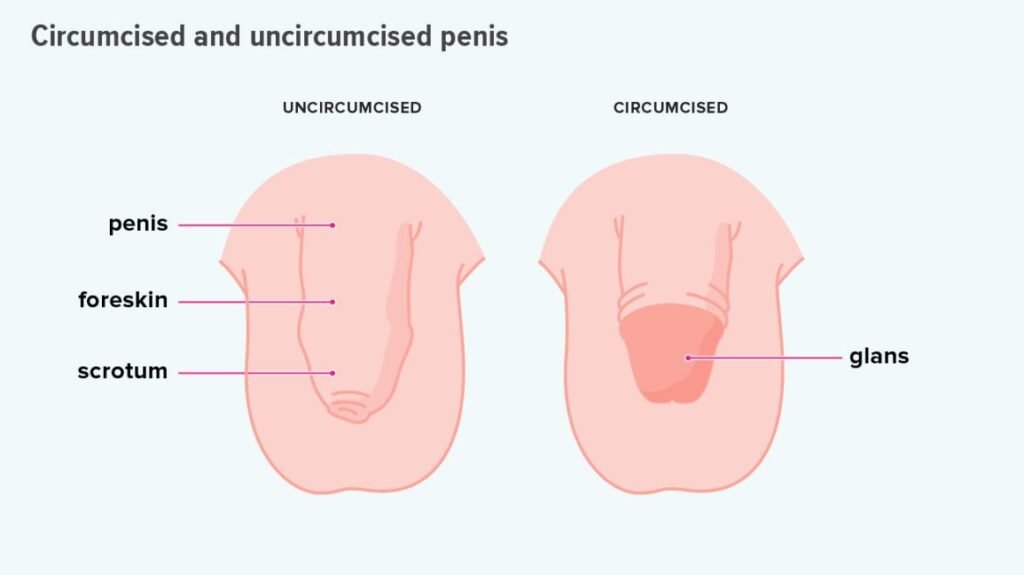
Circumcision
The surgical removal of the skin that covers the tip of the penis is known as circumcision. It is still feasible to circumcise beyond the infant stage, although the process is more difficult.Circumcision is a religious ceremony for certain households.

Hydrocele
A hydrocele occurs when fluid fills the scrotum of a male, causing it to enlarge. It is not a serious medical issue, but it may be uncomfortable and embarrassing.
Upper Gastrointestinal System

Hiatus Hernia & GERD

Gastric Cancer Surgery
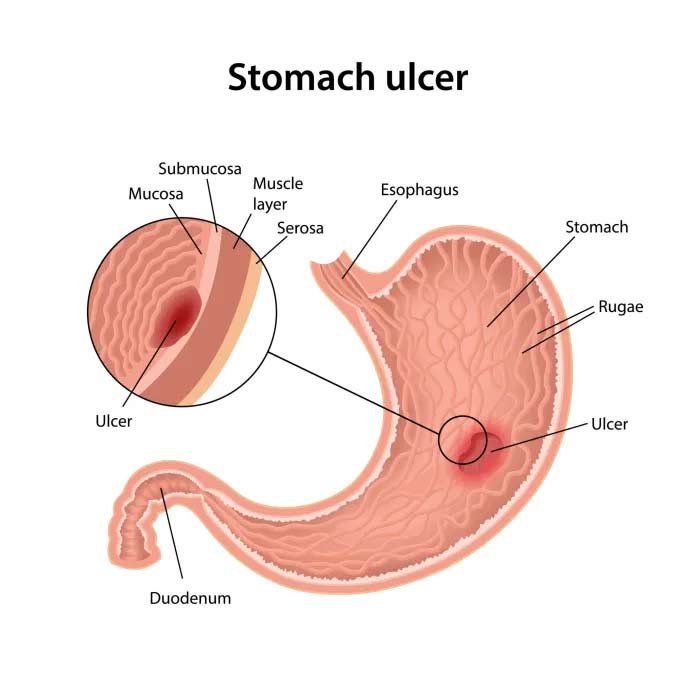
Stomach Ulcer
Liver, Gall Bladder & Pancreas
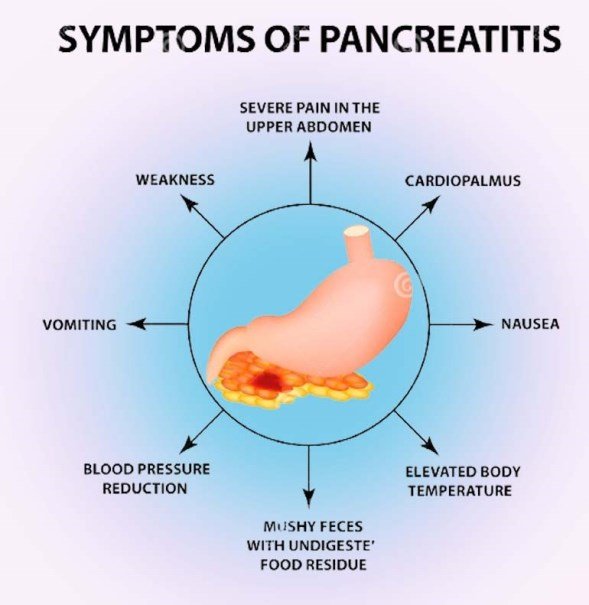
Pancreatitis
Pancreatitis is an inflammation (swelling) of the pancreas. When the pancreas is inflamed, the powerful digestive enzymes it makes can damage its tissue.
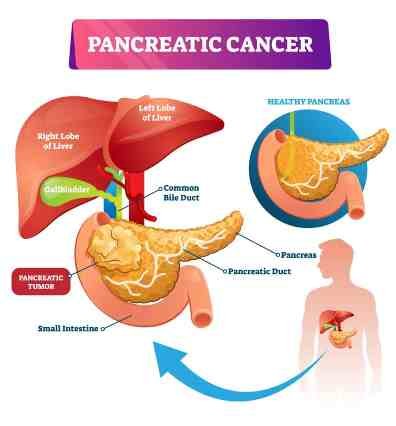
Pancreatic Cancer
Pancreatic cancer occurs when changes (mutations) in the pancreas cells lead them to multiply out of control. A mass of tissue can result. Sometimes, this mass is benign (not cancerous).
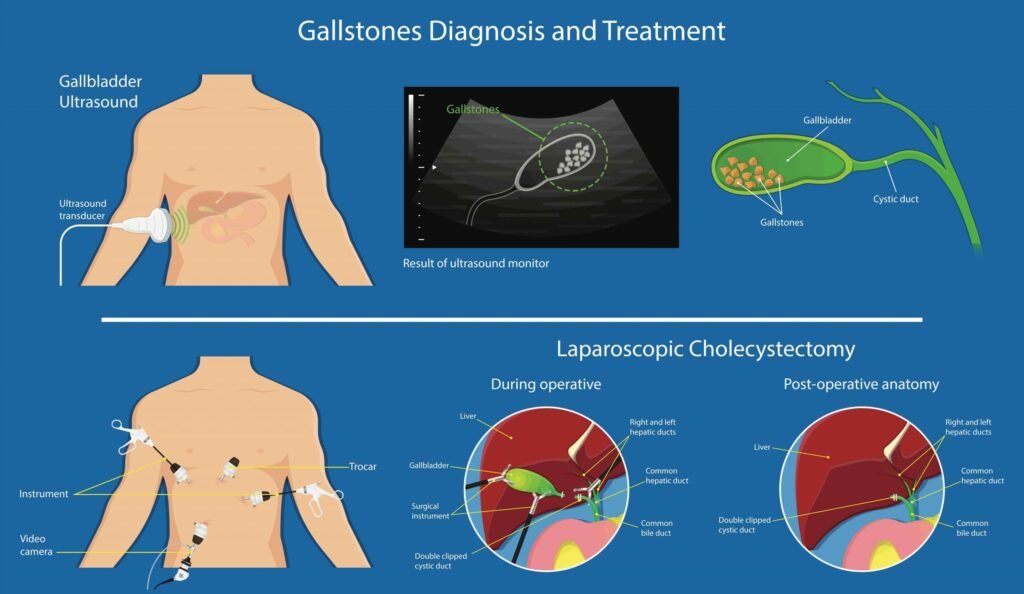
Cholelitiasis
(Gall bladder stones)
Gall bladder is a balloon shaped pouch present at the base of liver. It is a storage organ for bile which is produced from the liver which helps in digestion of fat in food.
Lower Gastrointestinal System
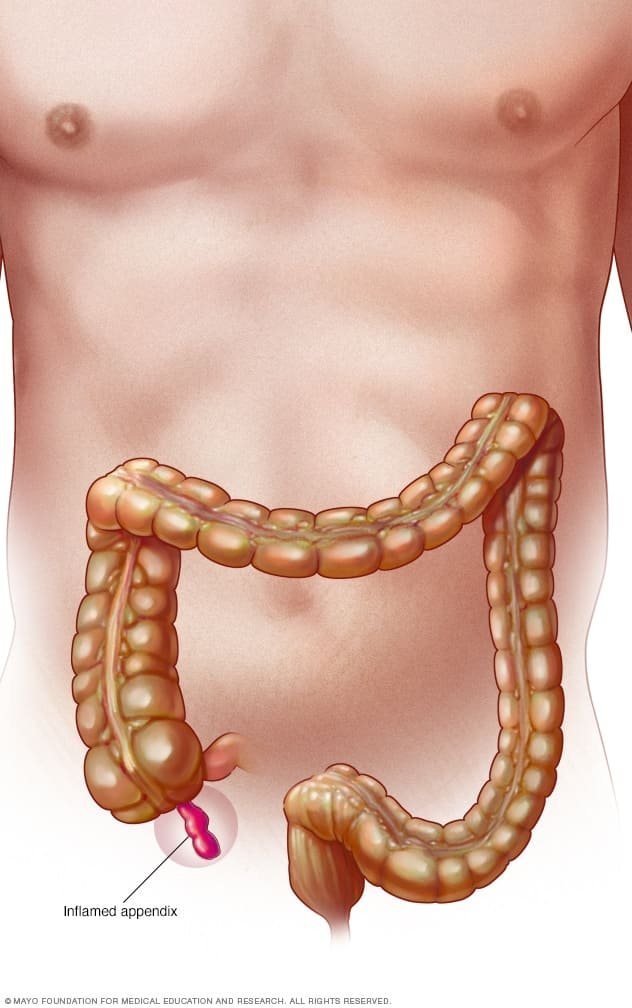
Appendicitis
Appendix is a finger-sized tube located where the large and small intestines connect. It has no known function, but if it gets inflamed or infected (appendicitis), you will need immediate treatment.
Colorectal
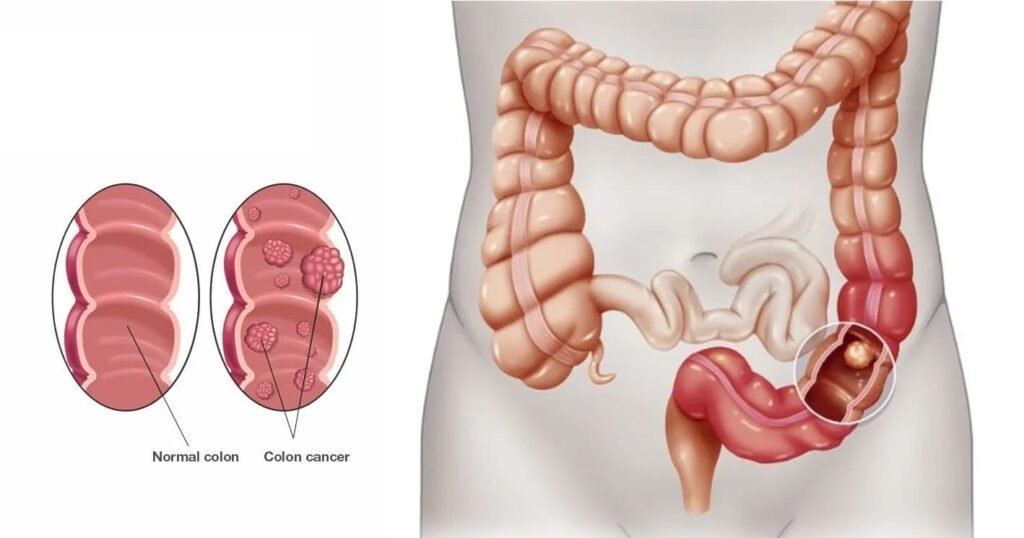
Colon Cancer
The large intestine is where colon cancer typically first manifests itself (colon). The digestive system ends with the colon.Colon cancer can affect anyone at any age, although it often affects older persons. Small, benign (noncancerous) cell clumps called polyps commonly grow on the inside of the colon as the first signs of the condition.

Rectal Cancer
Rectal cancer is a type of cancer that begins in the rectum. The rectum is the large intestine’s last few inches. It begins at the end of your colon and terminates when it reaches the short, narrow tube leading to the anus. Cancers of the rectum (rectal cancer) and the colon (colon cancer) are sometimes referred to as “colorectal cancer.”
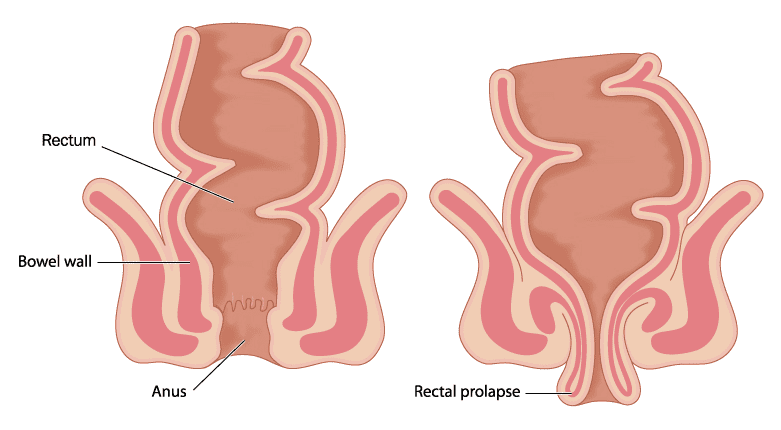
Rectal Prolapse
Rectal prolapse occurs when the rectum (the last section of the large intestine) falls from its normal position within the pelvic area and sticks out through the anus. (The word “prolapse” means a falling down or slipping of a body part from its usual position.)
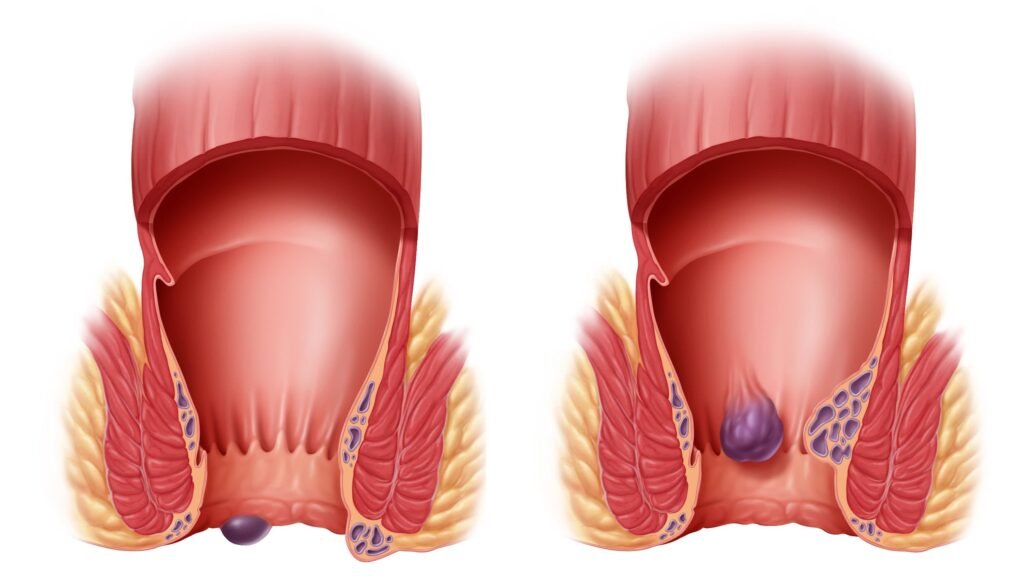
Hemorrhoids
Hemorrhoids are swollen, enlarged veins that form inside and outside the anus and rectum. They can be painful, uncomfortable and cause rectal bleeding.
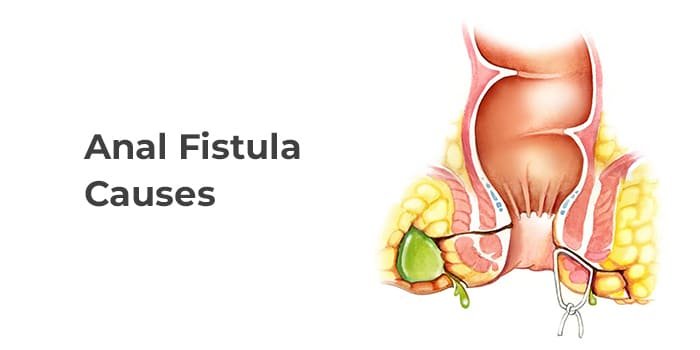
Anal fistula
An anal fistula is a small tunnel that connects an abscess, an infected cavity in the anus, to an opening on the skin around the anus.
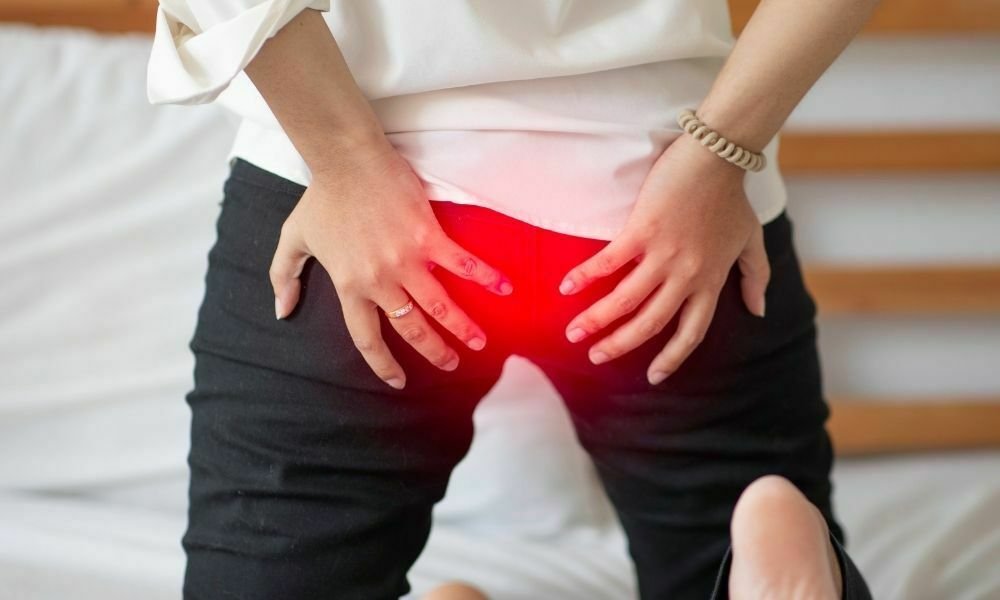
Anal Fissure
An anal fissure is a tear in the lining of the anus or anal canal (the opening through which stool passes out of the body). The fissure can be painful and may bleed.
